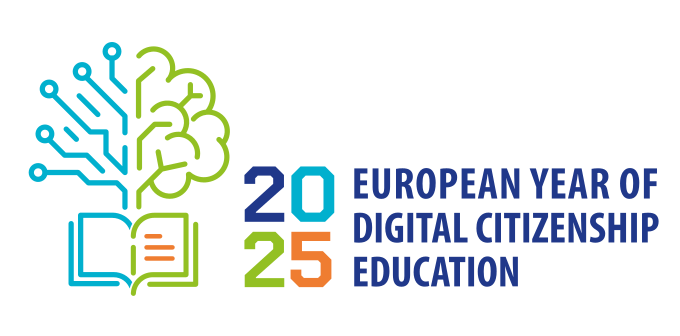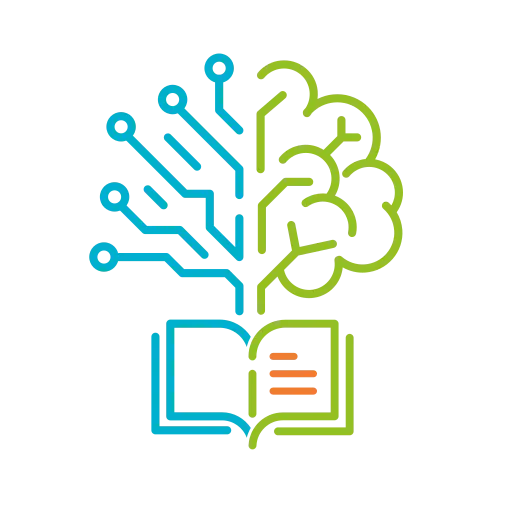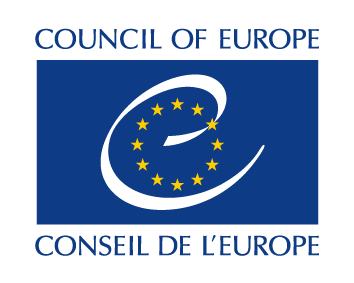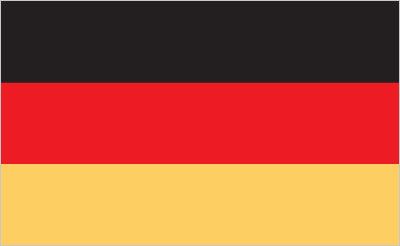1. The German Digital Services Act 2024 was approved by the German Federal Cabinet: No information was found
2. Germany Digital Strategy Creating Digital Values Together 2022. Live Democracy! a German government program to combat hate speech online. The German federal government also plans to enact the Act against Digital Violence. It establishes a legal framework for electronic reporting procedures and private proceedings, enabling account blocking by judicial order.
3. Youth Protection Act (Jugendschutzgesetz, JuSchG): In 2021 the Federal Review Board for Media Harmful to Minors (Bundesprüfstelle für jugendgefährdende Medien, BPjM) has become the Federal Agency for child and youth protection in the media (Bundeszentrale für Kinder- und Jugendmedienschutz, BzKJ). At federal level, the BzKJ is designed to promote the further development of child and youth protection in the media. It promotes a joint assumption of responsibility by the state, businesses and civil society. The BzKJ has received financial funding authority and will design this with a focus on child-friendly access to the internet. The new independent Federal Office for the Enforcement of Children’s Rights in digital Services (KidD) since 2024 monitors compliance with key obligations for providers of digital services under the DSA. This includes the obligation for providers of online platforms with user-generated content (esp. social media) to provide precautionary measures (e.g. reporting and help systems, AVS and child-friendly TOS) for the protection of minors. Finally, film and gaming platforms that offer a complete range of content are obliged to label all content with an age rating, which is also supervised by KidD. KidD is located under the umbrella of the BzKJ. The BzKJ and the Federal Ministry for Family Affairs, Senior Citizens, Women and Youth (BMFSFJ) work closely together.
4. Digital Summit: An annual event organised by the Federal Ministry for Economic Affairs and Energy to discuss the progress and future steps of digitalisation, involving policymakers, industry leaders, and the public. The summit aims to raise awareness and foster collaboration on digital transformation initiatives. On Safer Internet Day 2018, klicksafe released new educational materials titled “Selfies, Sexting, Selbstdarstellung” (Selfies, Sexting, Self-portrayal), aimed at educating students about online behavior and safety.
5. Other initiatives/awareness raising activities:
a) The events of The German Safer Internet Centre (SIC). The German Safer Internet Centre, through its Awareness Centre klicksafe, organized more than 220 events across Germany for Safer Internet Day (SID) 2018. These events focused on topics such as cyber grooming, sexting, fake news, online privacy, hate speech, and artificial intelligence.
b) Media passports (Medienpass). These are six teaching modules that allow teachers to accompany children and young people on their journey through the digital world and teach them how to use digital services and information in a socially responsible and competent manner.
c) ‘Growing Up Well with media’ (“Gutes Aufwachsen mit Medien”) is a nationwide initiative in Germany from the BMFSFJ aimed at promoting safe, responsible, and self-determined use of digital media among children and adolescents. The project provides practical guidance, support, and training for parents, educators, and young people to navigate the digital world effectively, including:
– “SCHAU HIN! What your child does with media.” (SCHAU HIN! Was Dein Kind mit Medien macht.) a media guide that supports parents and educators with age-appropriate and up-to-date recommendations suitable for everyday use.
– The Association for Media Education and Communication Culture (Gesellschaft für Medienpädagogik und Kommunikationskultur, GMK) is the largest media education umbrella and professional association and is committed to promoting media education and media literacy in science and practice as well as for all people along the education chain throughout Germany.
Sources
- https://digitalstrategie-deutschland.de/static/eb25ff71f36b8cf2d01418ded8ae3dc2/Digitalstrategie_EN.pdf
- https://www.gesetze-im-internet.de/juschg/index.html
- https://www.de.digital/DIGITAL/Navigation/DE/Home/home.html



